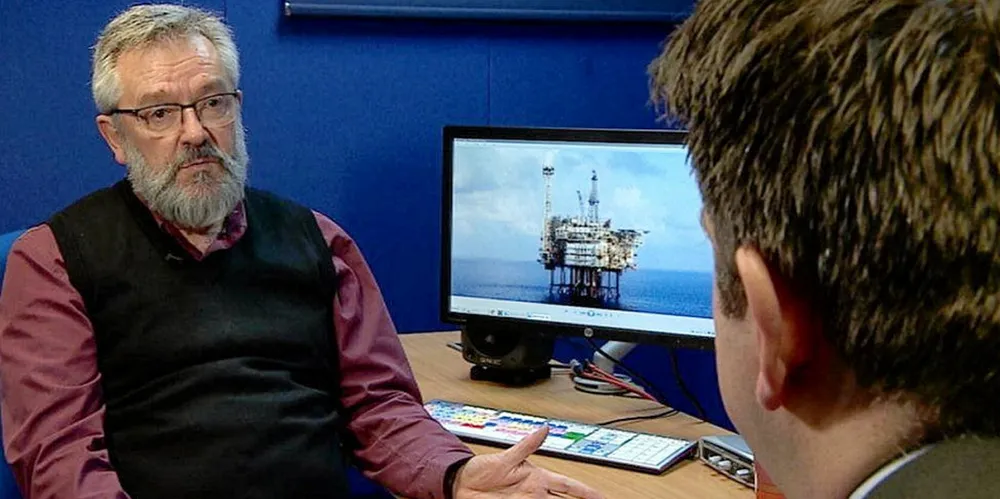New cadre aims to 'bring concrete evidence back into H2 debate, free from industry bias'
Hydrogen Science Coalition to volunteer independent expertise to governments and the media in an attempt to counter influence of vested interests in H2 policymaking
